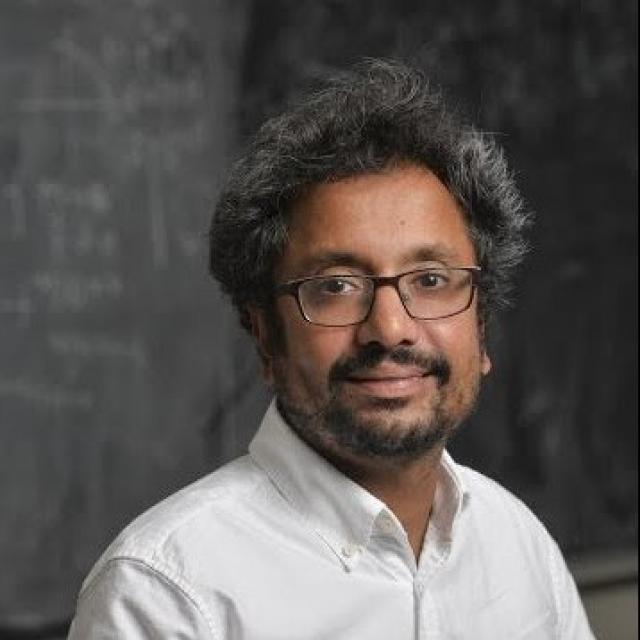2011 Niven Lecture: The Mathematics of Doodling
Topic
Doodling has many mathematical aspects: patterns, shapes, numbers, and more. Not surprisingly, there is often some sophisticated and fun mathematics buried inside common doodles. I'll begin by doodling, and see where it takes us. It looks like play, but it reflects what mathematics is really about: finding patterns in nature, explaining them, and extending them. By the end, we'll have seen some important notions in geometry, topology, physics, and elsewhere; some fundamental ideas guiding the development of mathematics over the course of the last century; and ongoing work continuing today.
Speakers
Details
About the Niven Lectures: Ivan Niven was a famous number theorist and expositor; his textbooks have won numerous awards and have been translated into many languages. They are widely used to this day. Niven was born in Vancouver in 1915, earned his Bachelor's and Master's degrees at UBC in 1934 and 1936 and his Ph.D. at the University of Chicago in 1938. He was a faculty member at the University of Oregon since 1947 until his retirement in 1982. The annual Niven Lecture, held at UBC since 2005, is funded in part through a generous bequest from Ivan and Betty Niven to the UBC Mathematics Department.
Additional Information
This is the Niven 2011 Lecture.
Prof. Ravi Vakil, Stanford University
Biography
Ravi Vakil is a Professor of Mathematics at Stanford University where he is also the Robert K. Packard University Fellow and the David Huntington Faculty Scholar. He was the 2009 Earle Raymond Hedrick Lecturer at Mathfest. He has received numerous awards for both his research and his teaching including an AMS Centennial Fellowship, a Frederick E. Terman fellowship, an Alfred P. Sloan Research Fellowship, a National Science Foundation CAREER grant, and the presidential award PECASE. Ravi is also Canadian, and has received both the Coxeter-James Prize from the CMS, and André-Aisenstadt Prize from the CRM. Ravi is an informal advisor to the fantastically useful website, mathoverflow.net.
Department of Mathematics at UBC
